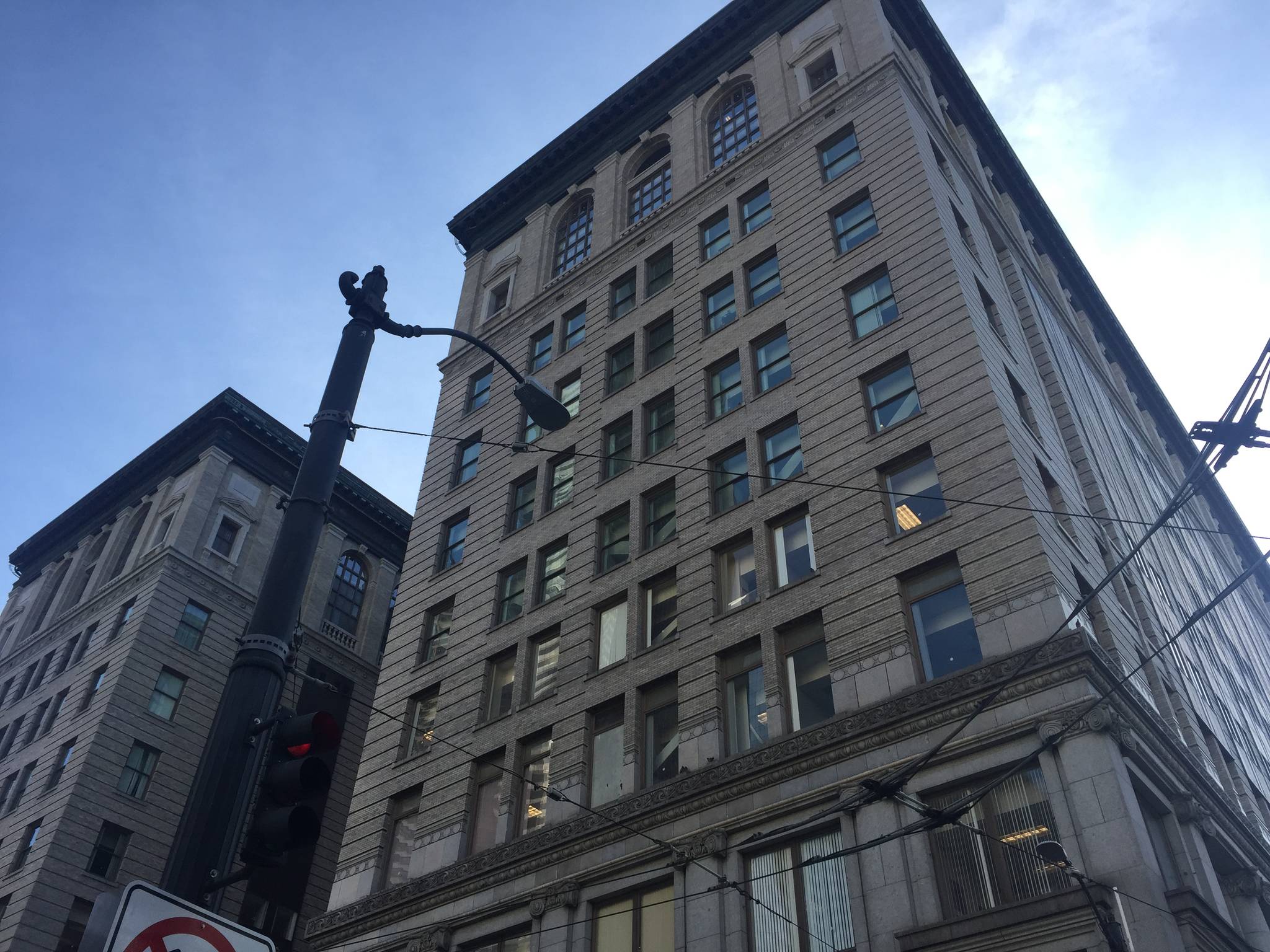The King County Council has approved further restrictions on the use of solitary confinement for juveniles.
The ordinance came in the wake of a report prepared by the King County Executive’s Office as part of an August ordinance severely limiting the use of solitary confinement for juveniles in county custody. An independent monitoring service began last July and the first report was submitted in August, with a future report due next year.
During the Dec. 3 county council meeting, councilmembers approved guidelines for when solitary confinement could be used. Juveniles held in any county facility cannot be put in solitary confinement unless it is “necessary to prevent significant physical harm to the juvenile detained or to others when less restrictive alternatives would be ineffective.” Solitary confinement is defined as being locked in a cell with no outside contact except with guards, staff, or attorneys. Along with this provision, juveniles must be provided access to legal defense, probation counselors, educators, and social service providers.
“This motion would state that we’re not going to allow the solitary confinement of juveniles for almost all purposes,” said Councilmember Larry Gossett.
The King County Council’s acknowledgement of the August report allows $100,000 to be appropriated to the executive’s office. The report was produced by Stephanie Vetter, a private contractor and juvenile justice expert who, according to the report, has conducted similar monitoring over the past two decades. Vetter’s report documented 45 incidents of disciplinary action taken against juveniles during the report’s duration.
Of these, disrespecting staff was the most common with 16 incidents, followed by 11 incidents where youth were aggressive, and several other categories. The report also found that youth of color seemed to receive a disproportionate amount of disciplinary measures. During the review period, the report found that African-American youth made up 47 percent of the detention population, but represented 62 percent of those disciplined.
The report also found there may have been times during booking and processing when youth were held in cells for more than four hours, largely due to staffing issues, shift changes, or a high volume of children being processed.
Monday’s ordinance is the latest step for King County after it agreed to ban solitary confinement of juveniles and pay four teens $215,000 to settle a lawsuit last August. Four lawsuits were filed in federal court with the help of Columbia Legal Services in 2017. In them, the teens alleged they were left in solitary confinement for days and illegally refused education while in the Maleng Regional Justice Center in Kent.
Columbia Legal Services sent a letter to the county last week in response to its acceptance of the Executive’s report. Seattle Weekly requested a copy of this letter, but had not received it as of the time of publication. The lawsuit filed by the law firm applied only to juveniles who had been charged as adults by prosecutors, according to previous coverage.


